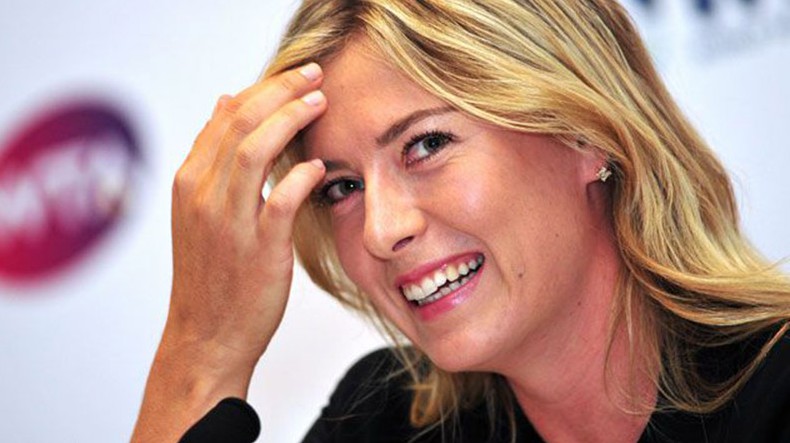
Maria Sharapova criticizes media coverage of doping case
Maria Sharapova accused the press of "distorted and exaggerated" reporting, saying she is "determined to fight back" after testing positive for meldonium. Sharapova denied taking meldonium every day and missing five warnings that the drug was about to be banned, BBC reports quoting Sharapova Facebook post.
The five-time Grand Slam winner, who faces a ban of up to four years, says she has been taking the drug, which was added to the World Anti-Doping Agency's (Wada) banned list on 1 January, for health reasons for the past 10 years. However, she insisted she had only taken the heart drug "in the low doses recommended".
Taking issue with reports that a normal course of meldonium treatment lasts only four to six weeks, she added: "The story quotes the manufacturer of my medicine as saying: 'Treatment course can be repeated twice or thrice a year. Only physicians can follow and evaluate patient's health condition and state whether the patient should use meldonium for a longer period of time.That's exactly what I did. I didn't take the medicine every day,"Sharapova wrote.
While Sharapova reiterated she had "no excuses" for failing to be aware of the change in regulations, she criticised the way in which the information was communicated to players."In order to be aware of this 'warning', you had to open an email with a subject line having nothing to do with anti-doping, click on a webpage, enter a password, enter a username, hunt, click, hunt, click, hunt, click, scroll and read. "I guess some in the media can call that a warning. I think most people would call it too hard to find."
"I'm proud of how I have played the game. I have been honest and upfront. I won't pretend to be injured so I can hide the truth about my testing. I look forward to the ITF hearing at which time they will receive my detailed medical records.I hope I will be allowed to play again. But no matter what I want you, my fans, to know the truth and have the facts," Sharapova concluded.
Newsfeed
Videos






























